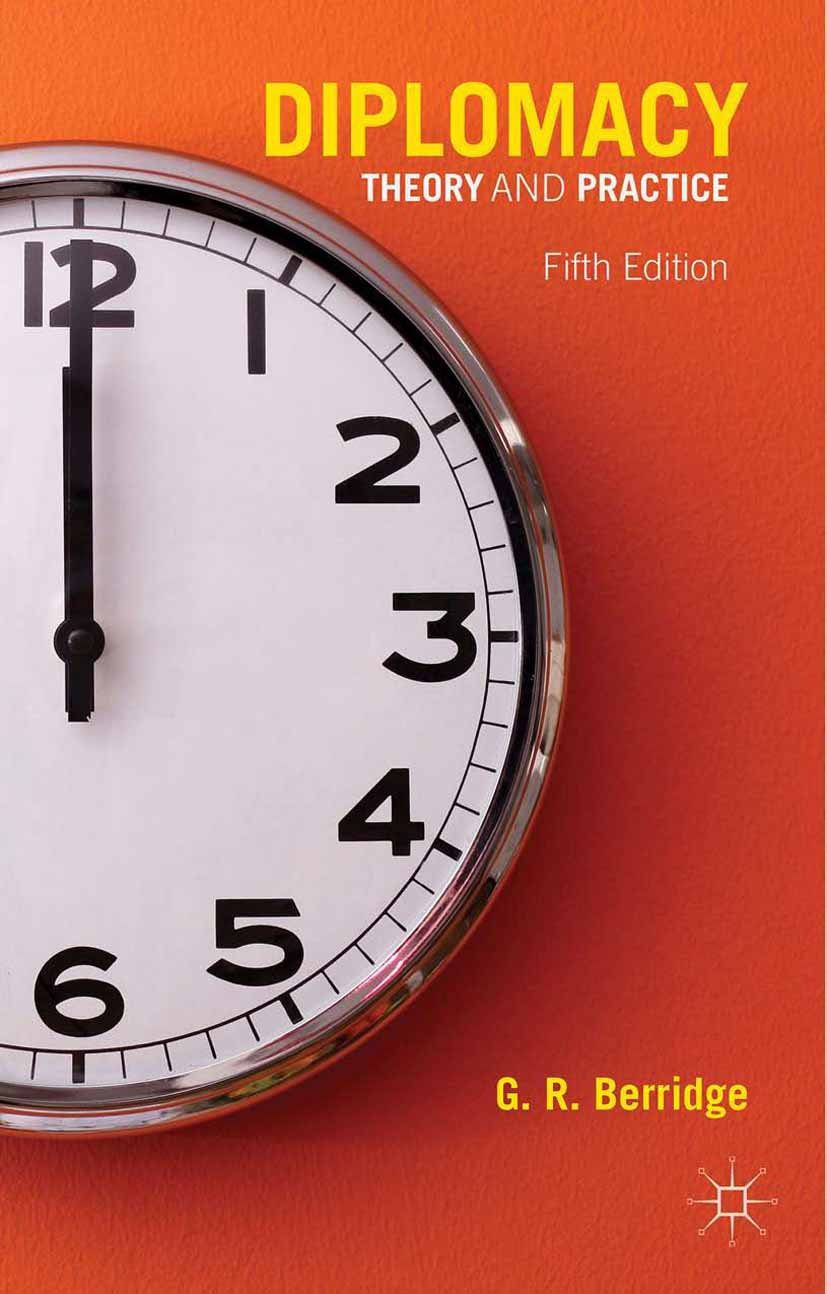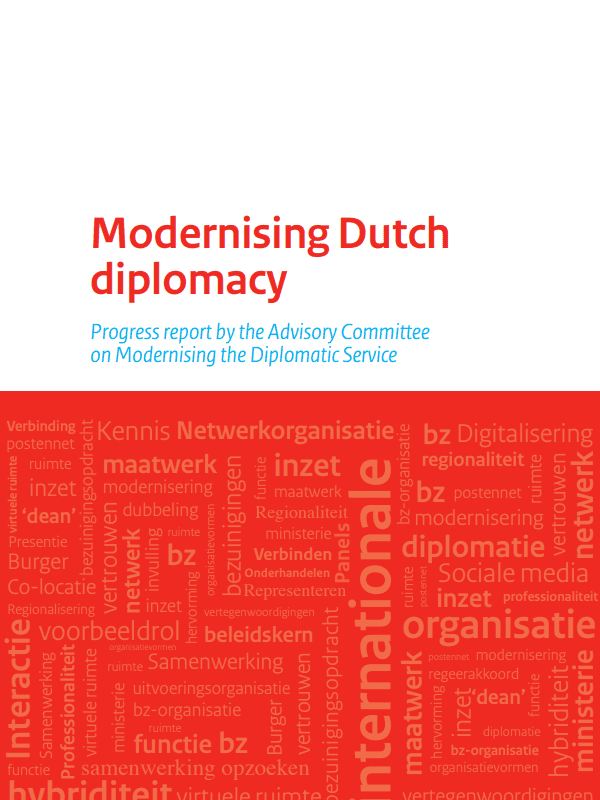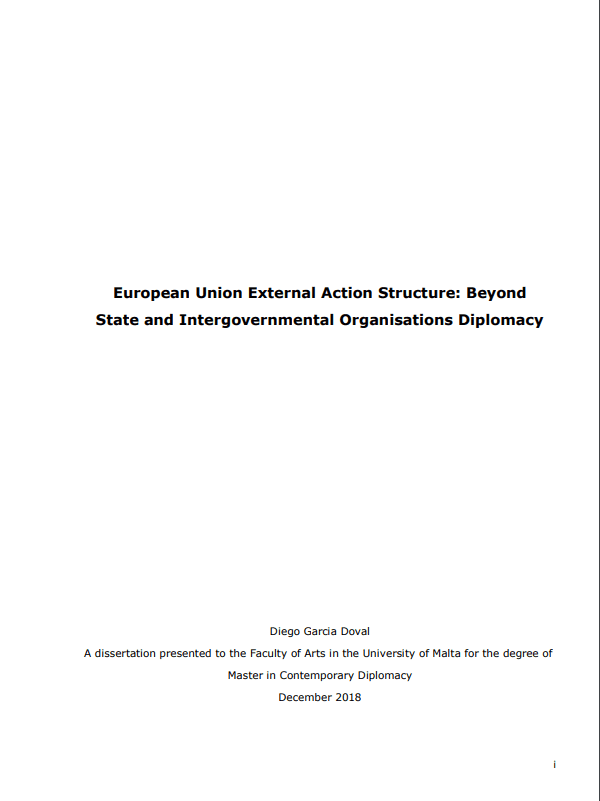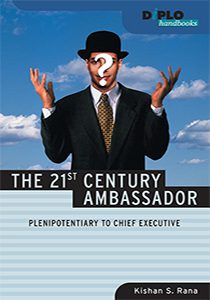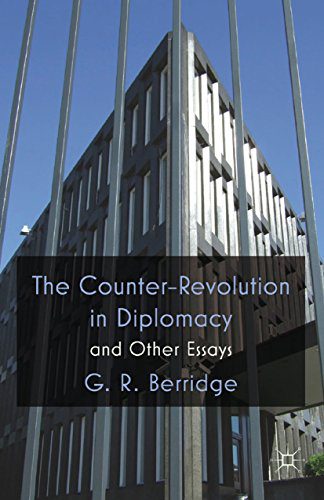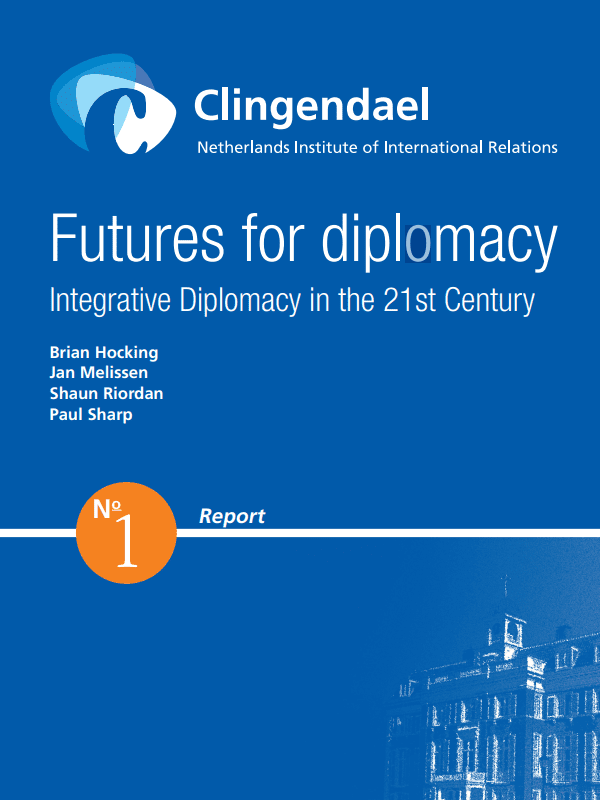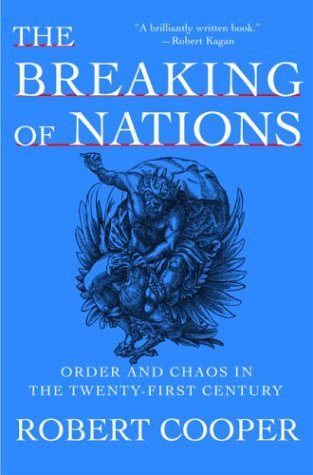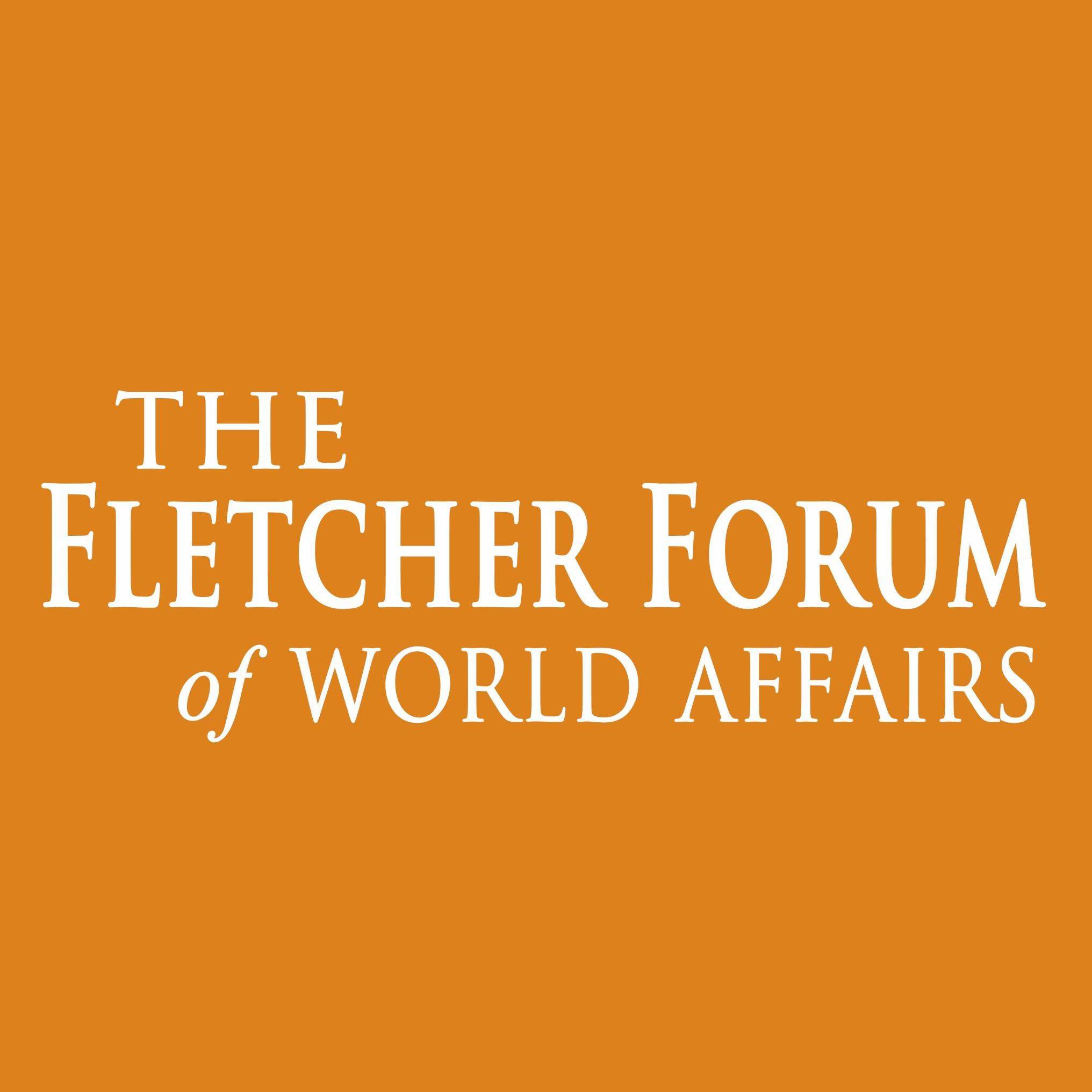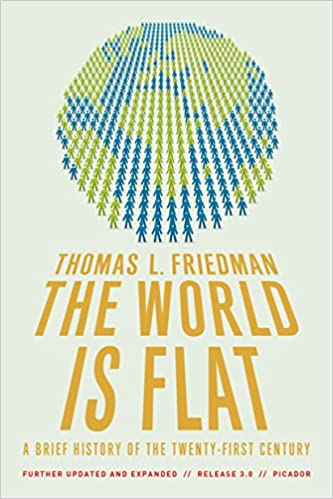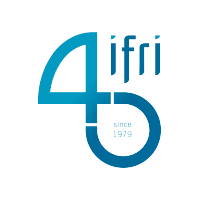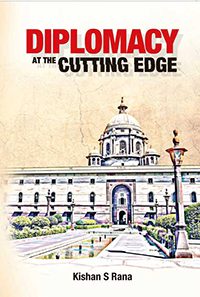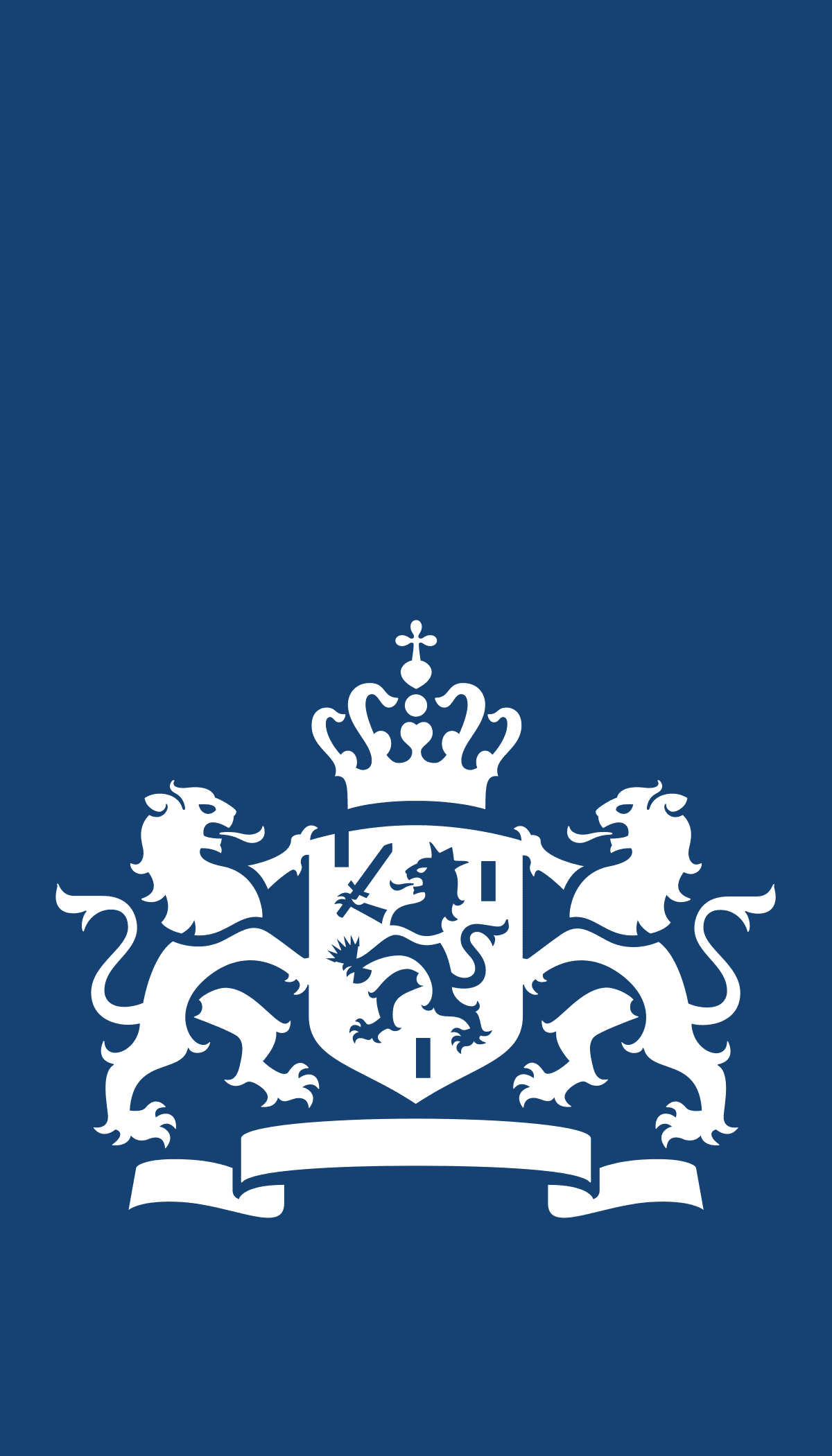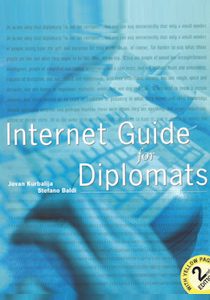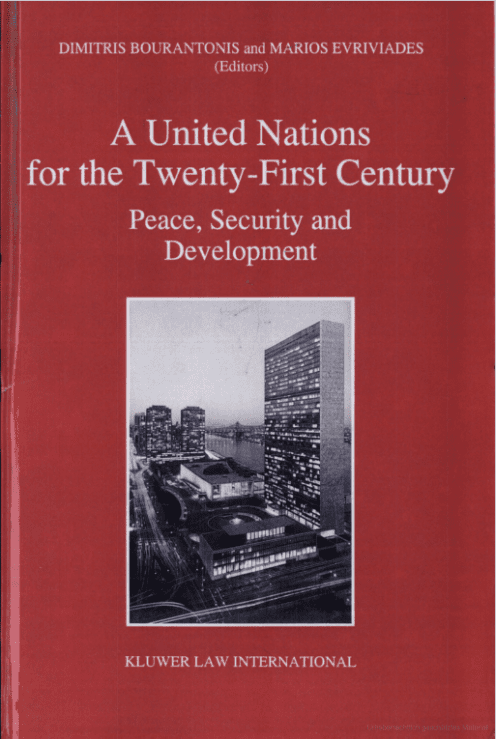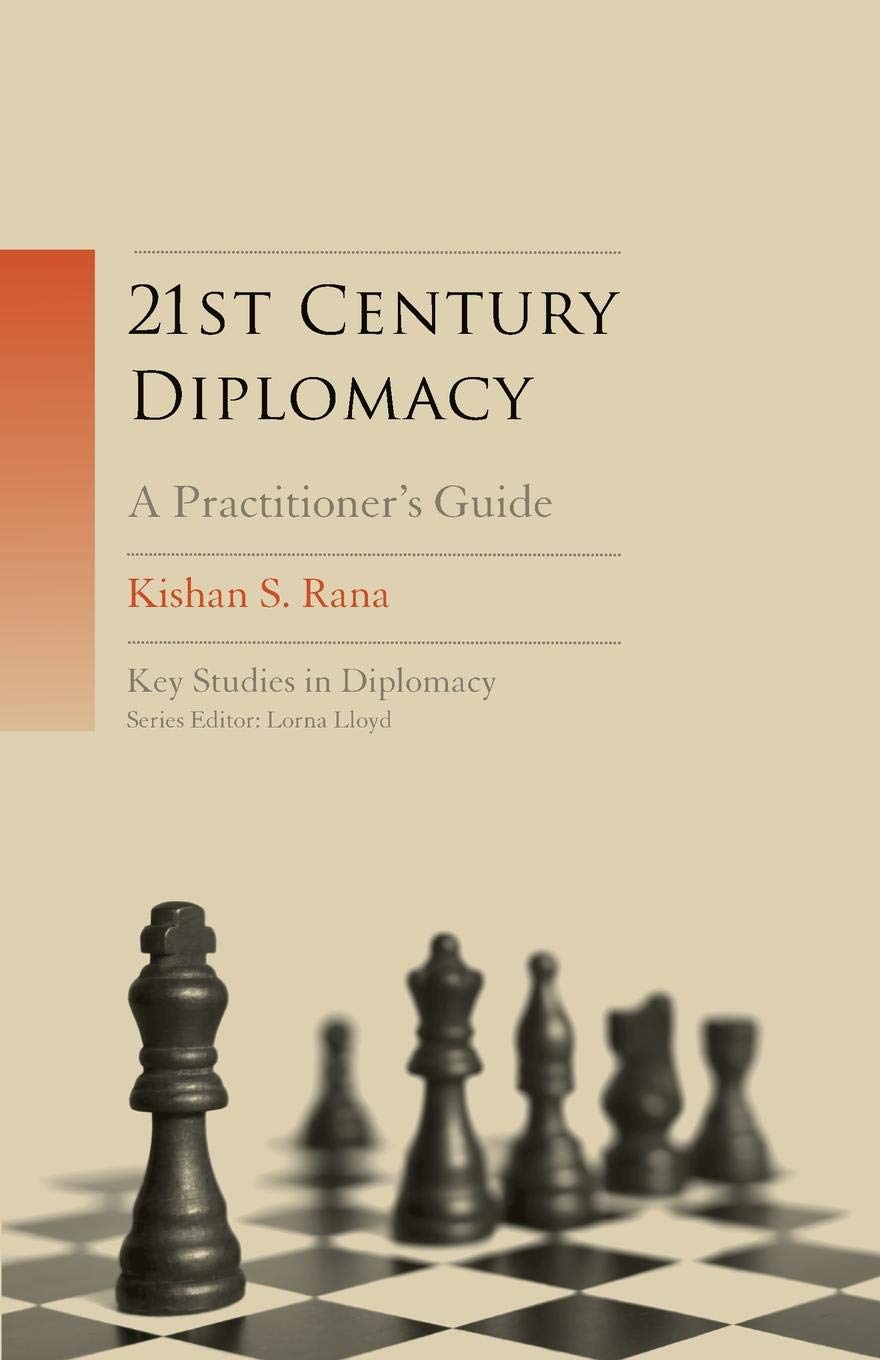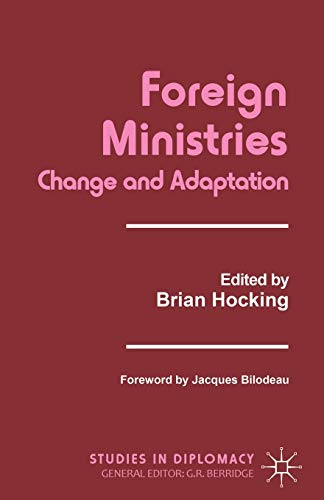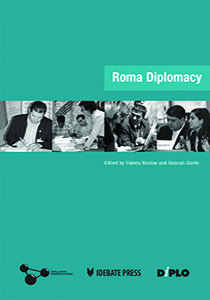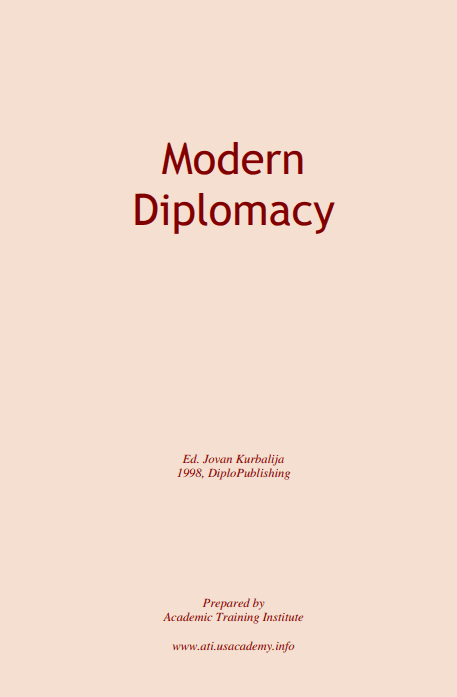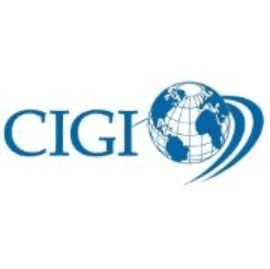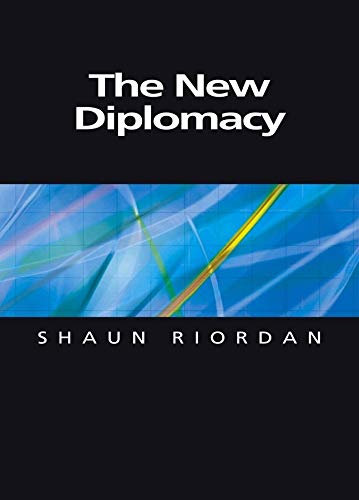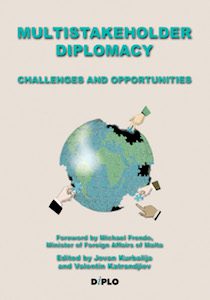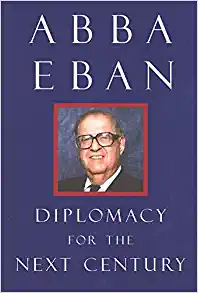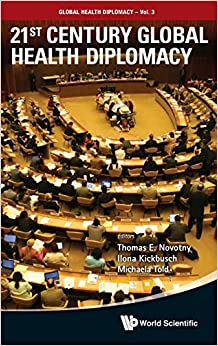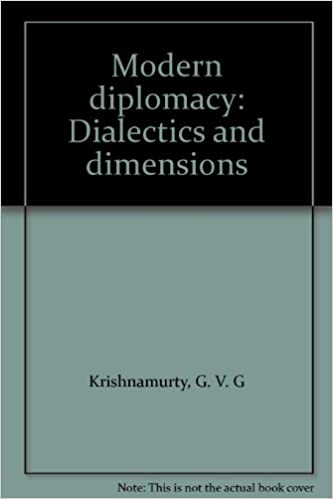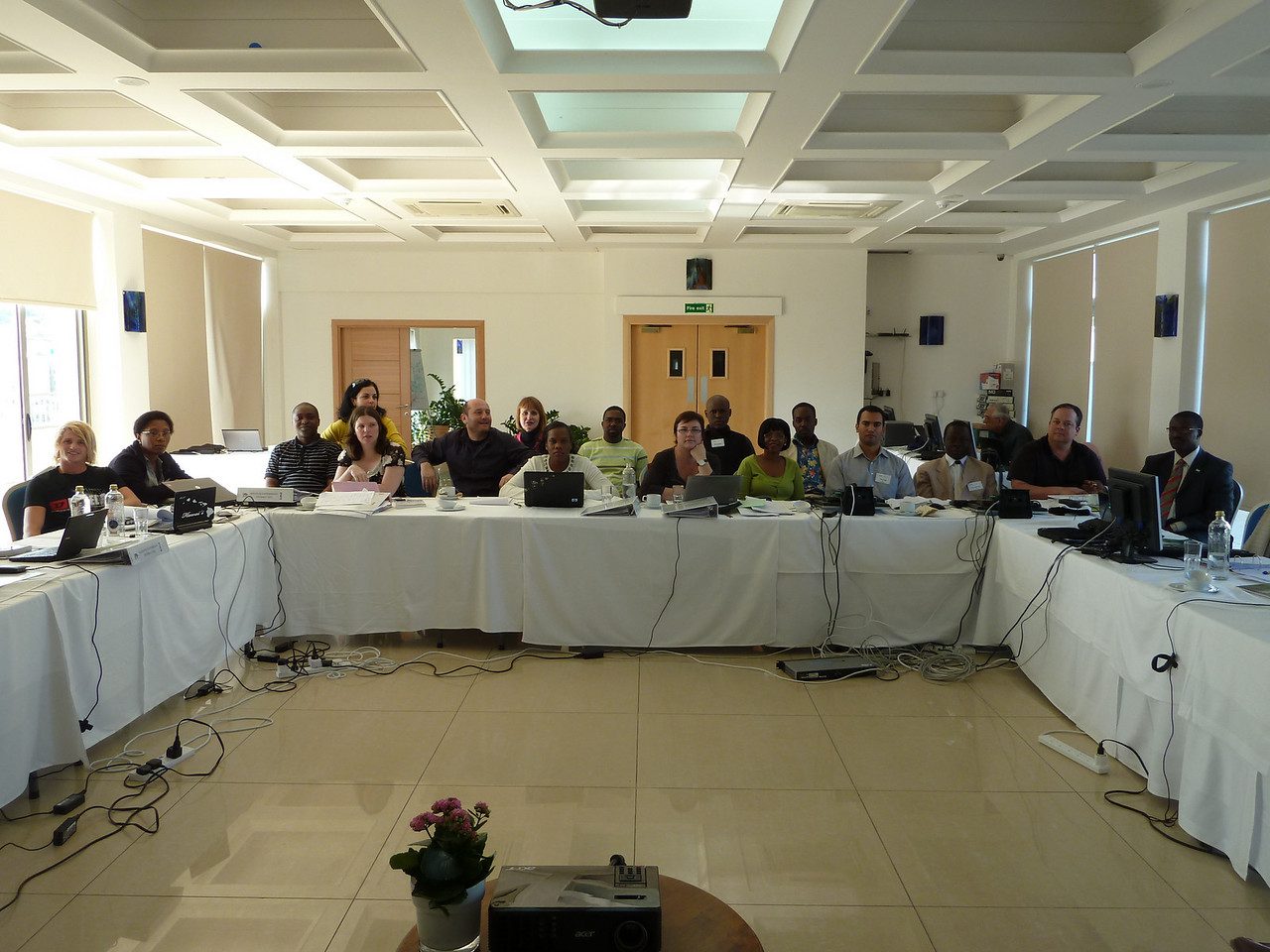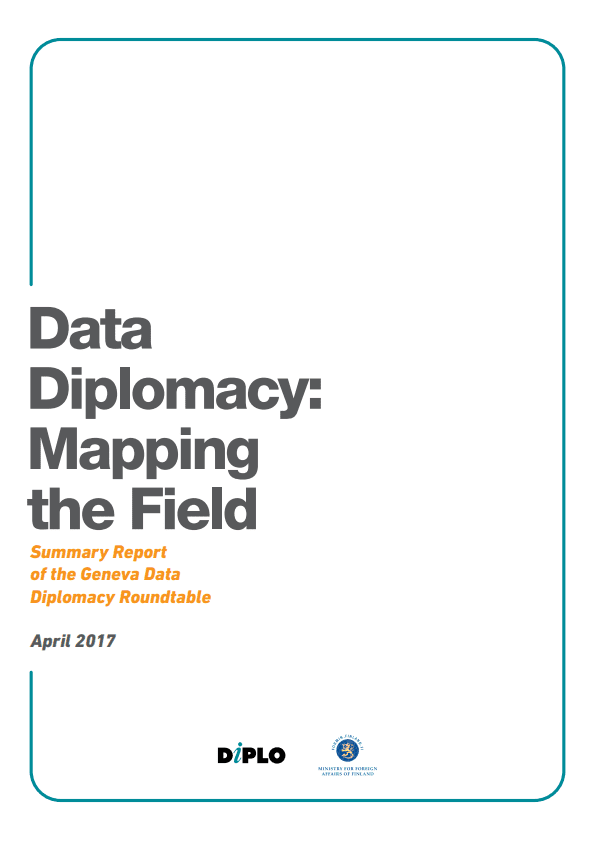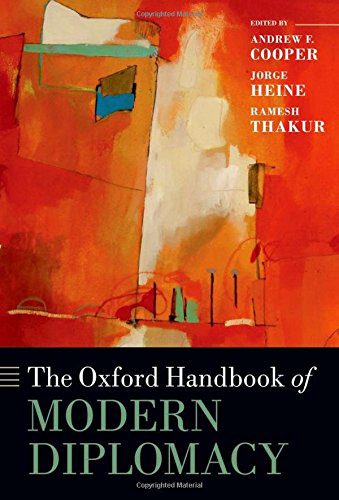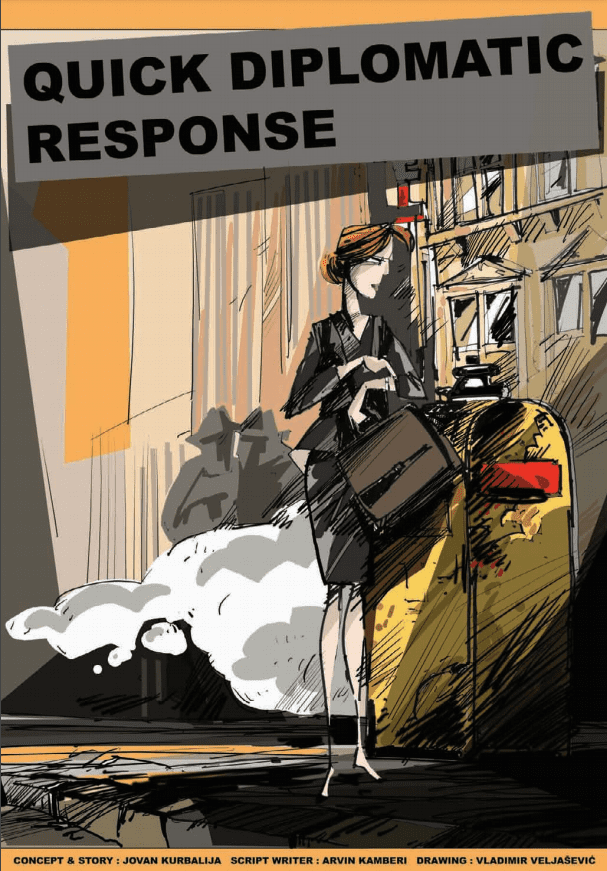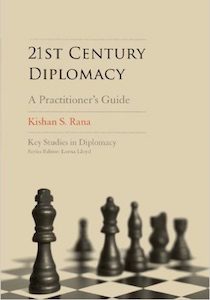Introductory comments
The title of this contribution is intended to anticipate the main line of my argument: namely, that one of the central tendencies affecting all dimensions of diplomacy and political life involves the generally diminishing (although not uniformly and invariably so) capabilities of the sovereign territorial state and the correspondingly growing significance of various cyberworld dimensions of political reality that we are beginning to appreciate, and are not nearly ready to identify or assess. Closely connected with this theme is the question as to whether IT is functioning mainly as an instrument of states in their quest for power and wealth or is principally operating as a transformative agent by market forces and various sectors of civil society.
What I am calling cyberworld can be understood as “the global village” in the age of informatics, or perhaps more accurately, and less grandly, as the IT dimension of the global village reality.
In the first definition, the idea of global cyberspace provides the fundamental world order framework for the future, with a decent prospect of being acknowledged as such, possibly, but probably not before the year 2050 or so. In this regard, it is worth recalling the European experience with the emergence from feudal Europe of the sovereign, territorial, and eventually secular, state taking hold of the political imagination only a hundred or so years after its historical establishment as the basis of world order that was formalized at the end of the Thirty Years War by way of the Peace of Westphalia in 1648, but has been associated by scholars with even earlier developments that provide evidence of the formation of the modern European territorial state. The second definition of cyberworld is the instrumental one, linking it with the structure of power, and thus making it quite compatible with a world that continues to be dominated by sovereign states.
I want to contrast these strong and weak versions of this emergent cyberworld hypothesis. The strong version of my approach asserts that the reordering of political behavior as a result of markets, new transnational actors and social movements, and technological innovations associated with the use of information is truly creating a new world order that is in the making while we speak, but that despite the dramatic character of this process, it is likely to take several decades before the old statist categories that have informed diplomacy and statecraft for centuries will have been so evidently superseded that we are no longer content to describe political life in this habitual language. Even in this strong version, I am not contending that states or their diplomatic representatives will disappear, or not remain prominent, and possibly even decisive political actors for many purposes, but only that the present trajectory of major global trends suggests that in the space of half a century or so, states will not be any longer consistently seen as the defining units of world order, and that geographical boundaries and territorial sovereignty will be only one of several global indicators of how authority is located and exercised in the shaping of human behavior.
The weaker form of the argument suggests that the state may be waning, or declining, in certain of its aspects, but that it is waxing in other aspects, and contrariwise, that cyberworld is an emergent reality that is of increasing relevance to elites throughout most of the world, and so is having waxing, as well as waning political effects on the capabilities of the sovereign state, and that the technological potency of IT is to varying degrees being appropriated by the state in its struggle to remain at the center of the human adventure. This may be particularly true with reference to dominant or hegemonic states, generating a new gap in warfare between the strong and the weak in international society, but within the framing of the states system seen not as relations among equals but as a reinforcement and restructuring of geopolitical hierarchy in which a few powerful states, possibly as few as one, control the system as a whole. The implication of this view that the capacities of some states may be partially augmented by IT suggests that we will have to wait somewhat longer than 2050 before annoucing the birth of a new world order, and paraphrasing a famous remark of the American writer, Mark Twain, “the reports of the death of the state system are greatly exaggerated.” The impact of IT, in other words, may be to create a new phase of geopolitics, but this is not likely to be transformative in the sense of producing a new world order with different actors in control, altered policy priorities, and innovative social consequences.
Undoubtedly, the safest kind of conjecture would be to take the middle ground, arguing that the state will be diminished by the cumulative impacts of IT, but that its record of resilience is such, that there will not be any clear consensus on how to delimit the distinctive overall reality that we seek to identify by changing the terminology of world order. It is quite irresistible when reflecting along these lines to make some reference back to George Bush’s short-lived efforts at the beginning of the decade to mobilize popular support for interventionary diplomacy in response to Iraqi aggression during the Gulf Crisis of 1990-91 by a heavy reliance on the slogan of “new world order.” Of course, Bush used the terminology opportunistically in the aftermath of the cold war to claim that world conditions were now favorable for recourse to the collective security procedures of the United Nations, as concentrated in the Security Council, so as to enforce the Rule of Law against violators of the peace, specifically, to act on the widely endorsed view at the time that it was for a variety of reasons beneficial to act in concert to reverse the aggression committed by Iraq against Kuwait.
In retrospect, the claim of a new world order could have been more interestingly made, in that setting, by reference to the revolutionary implications of IT superiority in the context of warfare, although this was disclosed only as a conquence rather than a cause of the Gulf War. Such a claim, reinforced by the one-sidedness of the outcome and the incredible military benefits that resulted from the control over information being processed by satellites and surveillance aircraft resulting in a dominating intelligence capability. Another related aspect of this spectacular display of high tech military approach to warfare involved the large-scale use of precision munitions that demonstrated their ability to deliver knockout blows against critical Iraqi targets with accurately guided missiles, bombs, and long-range artillery. Even discounting for much self-serving technological hype associated with the Gulf War, this conception of the new world order as based upon IT-based militarism is quite misleading in its grandiosity, because what was manifested, at most, was the renewed capacity of a strong state to achieve geopolitical goals through the application of its military superiority in a conflict situation. The Gulf War certainly exhibited some of the various component elements of IT, but suggested nothing about a possible restructuring of international relations or the changing values of political leaders.
As Bush made unwittingly plain in his first public remark after the Gulf War ceasefire, the main achievement of American-led victory over Saddam Hussein was a backwards reworking of history rather than a prelude to what lies ahead. Bush’s imaginative horizons were not at all bold, claiming nothing more startling than to have, finally, erased the bad memories of defeat in Vietnam, and thereby hoping to remove the inhibitions on force associated with the so-called “Vietnam syndrome.” It became evident that what the United States government was seeking, beyond the immediate goals in the Gulf region, was merely to restore the geopolitical confidence of its own citizenry so that its global role could be fulfilled in the future without encountering opposition at home. In the end, the Gulf War outcome was presented to the world simply as a rather frightening reassurance to the American people that these new generations of war-fighting techniques provided quick and painless means to acieve battlefield victories.
But however this renewed US assertiveness is interpreted, it did not represent any substantial modification in world picture that would accompany the birth of a new world order system. In this regard, the rhetoric of “new world order” used in the Gulf War context was a fraud. Whatever else, the encounter with Iraq confirmed that world order was still premised upon a states system rooted in the Westphalian experience. On this occasion, at least, IT had been revealed to be an important instrument of power in the existing order, perhaps also the lynchpin of a valuable new approach to geopolitical management, but, whatever else, not as a revolutionary development with transformative implications for the future of world order.
Finally, then, we can usefully interpret the Gulf War as the beginning of a new chapter of international relations, but it would be foolish to think of it as representing a move toward the end of history. IT, as a geopolitical instrument, seems at present to be as dominated by a single country as did atomic weaponry in 1945 after its initial uses at the end of World War II against Japan at Hiroshima and Nagasaki. At the time, transformative claims were made by world leaders, but were soon abandoned after it became clear that even nuclear weaponry could be absorbed by statist geopolitics. Indeed, the proliferation of this weaponry occurred much more rapidly than expected, despite the strenuous efforts by the United States to maintain secrecy and maintain its monopoly over the weaponry.
Later these efforts sought to retain the nuclear superiority of the United States by continuous innovations in weapons design, delivery systems, and such quantitative indicators as numbers and magnitudes of the warheads. The sobering truth is that nuclear weaponry was politically neutralized as soon as the Soviet Union exploded its first nuclear device only a few years later. In matters of technological rivalry among states, the original application, especially in the dramatic circumstances of war, opens up what seems at first like a decisive, and even an unbridgeable gap, but the dynamics of a catchup process are such that a lead of this sort based on technological breakthrough, is virtually impossible to maintain.
And the same pattern is likely to be repeated, as well, for IT, producing dangerous new vulnerabilities for those that have initially applied its informatic and networking skills most effectively, and claim an advantage that turns out to be quite transitory, and in the end, even dangerous. That is, what is historically first disclosed as qualitative superiority engenders a paradoxical process that leads the initial claimant to find itself subject to unprecedented forms of unanticipated vulnerability. This pattern of breakthrough and neutralizing response is a complex, unresolved dimension of my theme that I can only identify as such in this presentation, without being able to explore some of its wider ramifications.
Let me turn now briefly to describe three clusters of issues that clarify this focus on the likely interplay between the role of the state and the emergent cyberworld:
- first, world order as a mind game;
- secondly, “soft power” versus “soft targets”;
- thirdly, IT as an instrument of power versus IT as a weapon of the powerless.
I. World order as a mind-game about the nature of political reality on a global scale:
For several centuries the game has been played according to the rules of the state system, juridical rules about the equality of states and geopolitical practices that focus on the inequalities of states. The framework and deeper implications of this type of world order have been best articulated by political philosophers, perhaps most persuasively by Machiavelli and Hobbes, but there are many versions of these “realist” themes, including in the thought of non-Western traditions. The state with its ability to mobilize resources, impose order within its borders, and most of all, by its capacity to wage war, sustain diplomacy, and establish temporary conditions of stability, has remained central to these analyses. In recent years, Hedley Bull in The Anarchical Society and Robert Gilpin, War and Change in International Society, have been the most successful international relations specialists when it comes to theorizing this contemporary condition of the state system. Kenneth Waltz has been influential in emphasizing the structural side of statist geopolitics, especially by calling systematic attention to the behavioral implications of bipolarity during the cold war era. The gatekeepers of this Westphalian mind-game were very effective at marginalizing counter-traditions of political thought: that is, variants of non-violent or warless worlds, visions of peaceful global governance. Such images of alternatives to statism, have, perhaps, most vividly been associated with Immanuel Kant’s Perpetual Peace and the diplomacy of Woodrow Wilson after World War I that half-heartedly led to the problematic establishment of the League of Nations. These alternative images have been marginalized by being labeled as “utopian,” “salvationist,” and even “apocalyptic.”
In this regard, the statist paradigm has dominated thought and practice throughout this century:
- The bitter ideological and geopolitical rivalries between liberal democracies and fascism, and then communism, have been predominantly understood as struggles for ascendancy between states and groups of states.
- The great upheaval in the South associated with the process of decolonization have proceeded on the basis of legitimating the imposed boundaries of the colonial era, even if artificial and ethnically non-sustainable, given the identities that persisted in these societies and their relationship to uneven distributions of public and private goods.
- Even the experiments in global institutions were carried out in a manner that limited membership to sovereign states and adopted a constitutional language that was reassuring about the retention of sovereign rights and the avoidance of supranationality.
But despite this apparent domination of the conceptual landscape, states have seemed cumulatively and increasingly to be losing their grip over the dynamics of “community” and “identity,” and even of “security.” New mind-games are taking shape around the ideas of globalization, global civil society, and the cyberworld. Will these claimants on the future also be marginalized as “utopian” or “exotic”?
We cannot now be sure. The state has proved to be resourceful in appropriate new technologies for its own purposes. It is now challenging unrestricted civil access to IT. Can the state retain the advantages of IT while protecting itself from its disempowering and subversive influences? What sort of balance will be struck between civil society and state power? Will there emerge new governmental layers of authority at the regional and global levels with the assigned task of regulating access to and applications of IT?
II. The emergence of a race between “soft power” and “soft targets”:
This concern has been discussed earlier in relation to the Gulf War. IT greatly enhances the role of brainpower in relation to firepower as an ingredient of geopolitical influence. Information, and its controlled use, becomes the basis of a new geopolitical strategy that reconfigures and sustains the relations of strong and weak, rich and poor. Such stabilization is reinforced by the current worldwide acceptance of neo-liberal approaches to trade, investment, and economic policy.
But this form of soft power also presents soft targets for adversaries that experience deprivation and subordination. Whether these soft targets can be protected from determined, skilled hackers with terrorist or conspiratorial goals is far from assured. The nature of the challenge was rather vividly, if in an excessively Hollywood mode, depicted in the movie “The Net,” with the aspiring tyrant bearing some shadowy resemblance to Bill Gates.
III. Power versus powerlessness in the web of The Web:
Not only is power being redefined by IT, but so is powerless. Can even the most totalizing state restrict the access of its citizenry to soft power? Can the benefits of IT be gained without enduring the related forms of vulnerability? As with the discovery of dynamite, is IT being perceived by the powerless as a potential equalizer? Or will IT contribute to the stability of hierarchical arrangements of privilege and wealth?
It is illuminating, I think, to ponder such questions in relation to two limit cases: China and the United States. Here are important examples of large and influential states that are seeking to exploit IT, and yet control its potential adverse consequences.
China would like to be modern without relinquishing authoritarian control over its population. China is concerned about the subversive impact of alien ideas, and realizes that IT is difficult to control. And yet, its ambition to continue on the path to superstate state depends on a receptivity to IT at all levels of society. Will China be able to reconcile its economistic objectives with its ideological effort to avoid democratization? Whatever the eventual answer, it will help us understand better the relationship between IT and the state, especially whether the state can take advantage of IT for market purposes, while avoiding the erosion of state power.
With the United States, the same tension is posed in relation to global arbiter of political and strategic development, especially with respect to achieving and retaining military dominance. Some of these issues surfaced in the Gulf War context, but only preliminarily and superficially. Will the US government find itself challenged by rivals among global market forces that seek to shape geopolitics in accordance with economistic criteria? Or will militias and militant elements in civil society initiate new patterns of cyber-warfare that give the weak new sources of strength?
In the setting of democratic society, the struggle for “hearts and minds” has already begun. A small, yet influential and affluent, sub-polity has begun to take shape around the primacy of their affiliation to cyber-space, and their resentment over what is regarded as anachronistic affiliations with the territorially based sovereign state. Wired magazine has a feature on “netizens,” the cyberworld sequel to the ideal of “citizens.” Especially open democratic societies will be suseptible to the silent dynamics of disaffiliation arising from the expansion of netizenship, and its more or less direct refusal to honor the duties of citizenship.
Conclusion
The outcome of these various developments remains highly speculative. Undoubtedly, many large surprises await us. It is almost foolish to anticipate the future when the rate of change is taking place at such a high velocity.
But the momentousness of the issues can and should be understood. We already have evidence that the hold of cyberworld on the political imagination is undermining a statist world picture. Other developments are moving in the same direction, especially those associated with market forces and media relationships.
What seems to be happening is that the state is no longer able to foreclose other forms of political inquiry with respect to the character of world order. And yet there is enough ambiguity and contradictoriness manifest to preclude any firm judgment as to whether the overall impact of IT is stabilizing or transforming with respect to the diplomacy of states and the efforts of leading states to extend geopolitical regimes of regulation and control indefinitely into the future.



